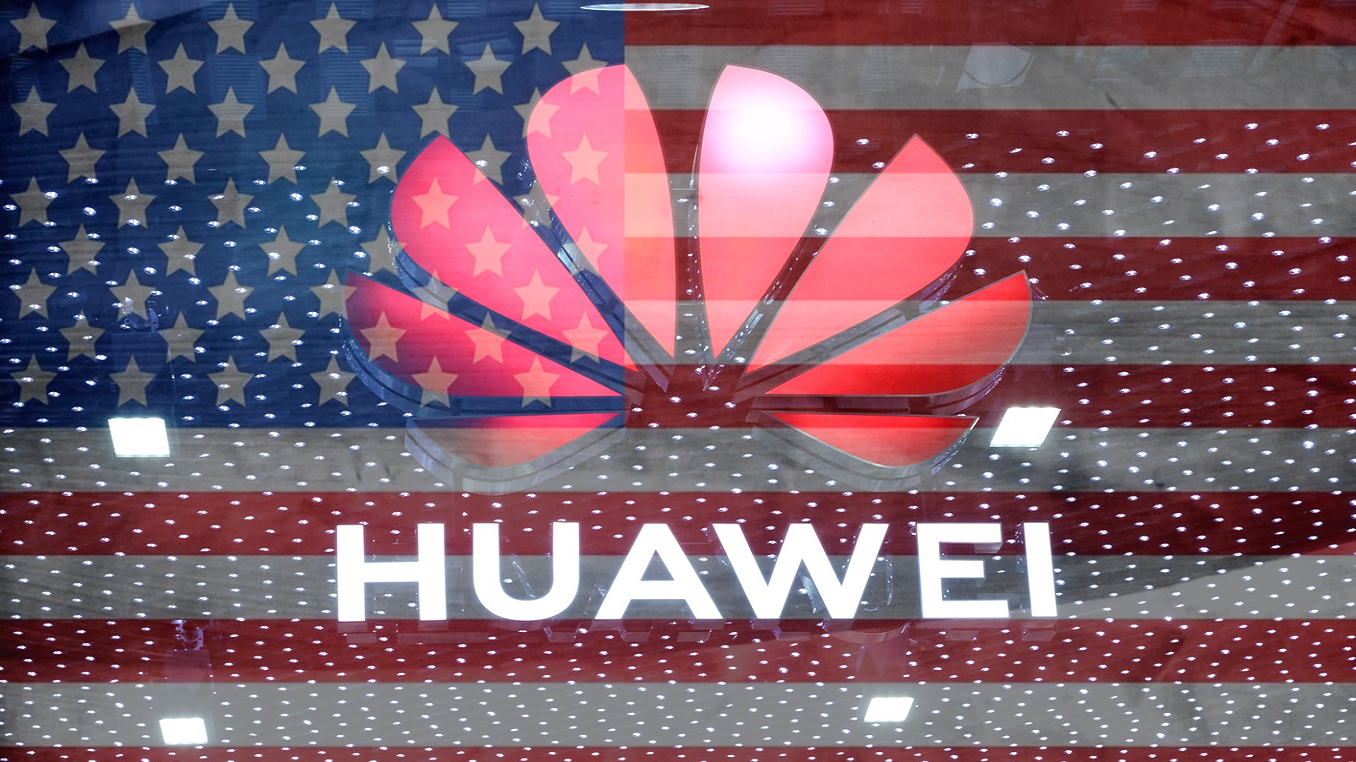US Judge rejects Huawei federal law challenge to restricting its business
Congress acted within its powers by including the restriction in the National Defense Authorisation Act

US District Judge, Amos Mazzant, has rejected the Chinese technology giant Huawei’s constitutional challenge to a US law that restricted its ability to do business with federal agencies and their contractors. The decision, in favour of the United States, was made yesterday, and in a 57-page decision, the district judge ruled that Congress acted within its powers by including the restriction in the National Defence Authorisation Act.
Huawei considering further legal action
“the 2019 NDAA provides a false sense of protection while undermining Huawei’s constitutional rights”
Huawei Spokesperson
“While we understand the paramount significance of national security, the approach taken by the U.S. Government in the 2019 NDAA provides a false sense of protection while undermining Huawei’s constitutional rights. We will continue to consider further legal options,” a Huawei spokesperson said, via source Reuters.
Banning Huawei technology
The decision will bring the US one step closer in its wide and ongoing effort preventing Huawei technology from being used in its sensitive telecommunications both at home in the US or elsewhere. The White House is currently working with 5G technology companies including Microsoft, Dell and AT&T to develop an alternative to Huawei 5G.
This lawsuit was filed by Huawei in March 2019 – the company, who are the currently the leader in the 5G infrastructure market, said a law limiting its U.S. business was unconstitutional. Huawei challenged Section 889 of the National Defence Authorisation Act, which bars federal agencies and their contractors from procuring its equipment and services.
Huawei's arguments overruled
Huawei’s arguments included that the NDAA was overboard in restricting its sales and violated due process. Judge Mazzant of the U.S. District Court for the Eastern District of Texas disagreed, saying that the NDAA was “appropriately tailored to the burdens imposed” and said he was unpersuaded that the law impairs Huawei’s existing and future contracts.
Huawei’s lawsuit said its “equipment and services are subject to advanced security procedures, and no backdoors, implants, or other intentional security vulnerabilities have been documented in any of the more than 170 countries in the world where Huawei equipment and services are used.”
SIGN UP FOR E-MAIL NEWSLETTERS
Get up to speed with 5G, and discover the latest deals, news, and insight!

Rachael is a British journalist with 17 years experience in the publishing industry. Since launching www.digitalcameraworld.com, she’s been freelancing, and working for some of the world’s best-loved websites and magazines including T3.com and TechRadar.com and has also had a book, iPad for Photographers, published. A regular contributor at 5Gradar, Rachael is following the 5G market closely. Find out more at www.rachaelsharpe.com

